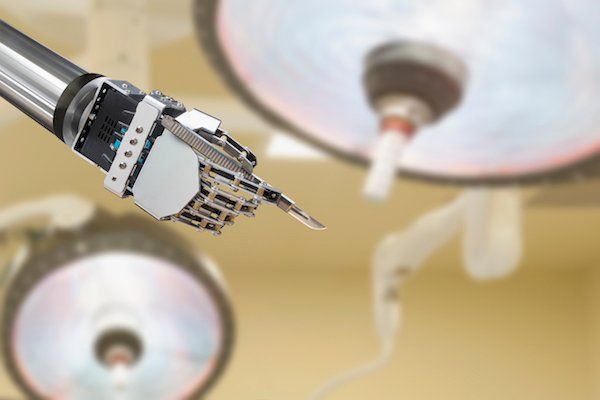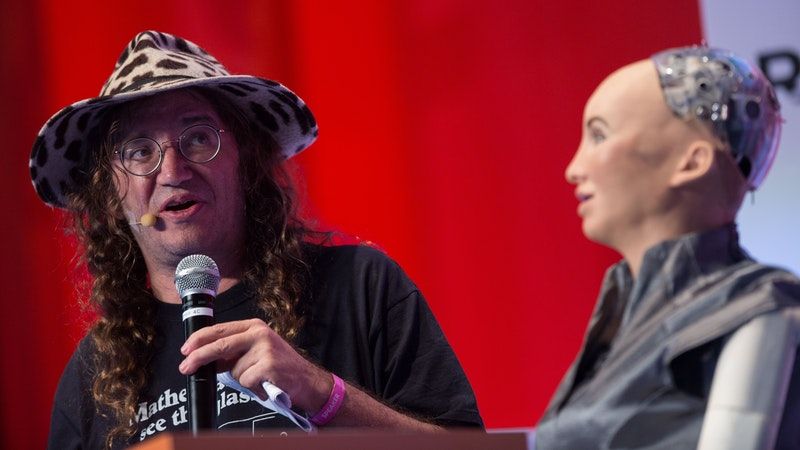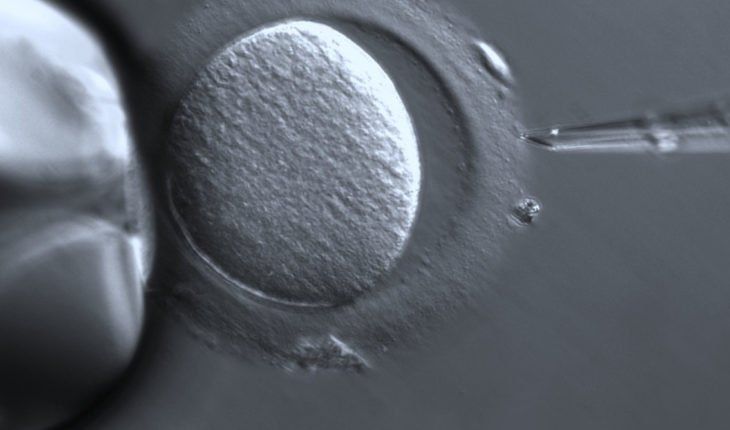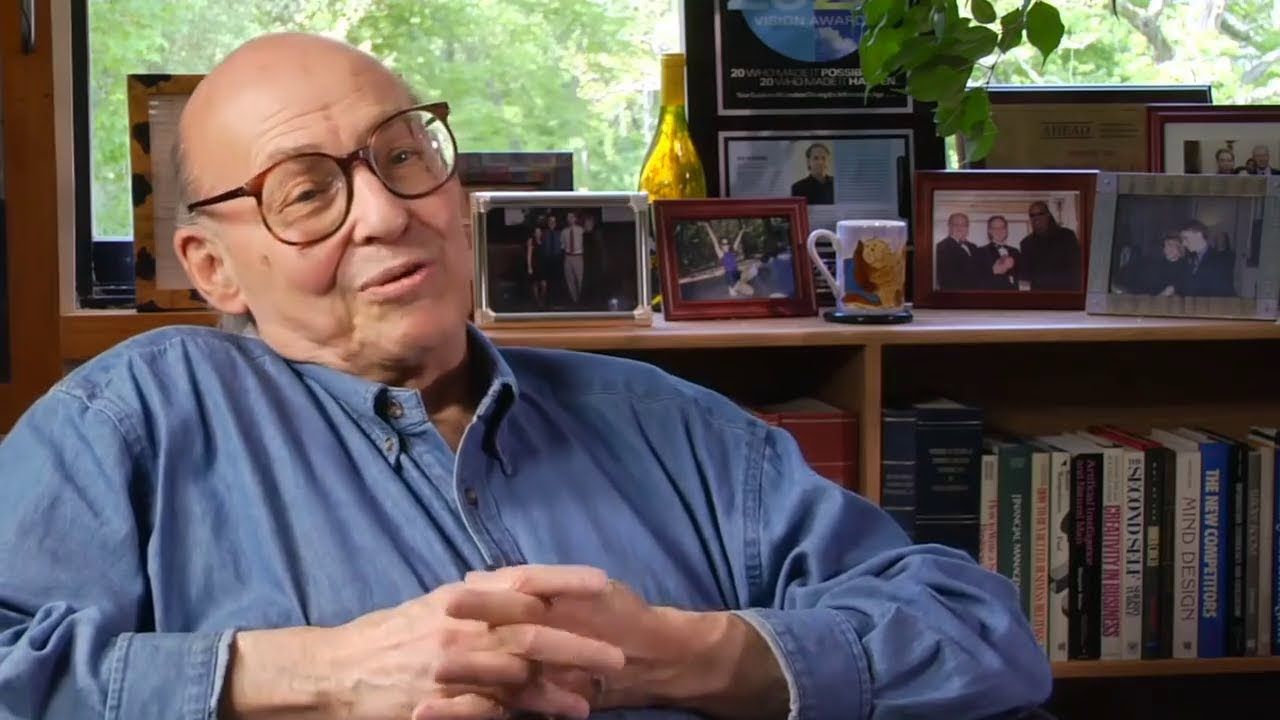A universe of possibility… grey infused by color, the invisible revealed, the mundane blown away by awe.



Thanks so much to Luanna Helena for having me on Creatively Speaking Radio to discuss Bioquark Inc. (http://www.bioquark.com) and nature’s clues for human regeneration, disease reversion, and age rejuvenation -
Also got to introduce our new mosquito / “ectocrinome” research program — (https://www.bizjournals.com/philadelphia/news/2019/01/02/bioquark-ectocrine-mosquito-health-benefit.html) —
http://blogtalkradio.com/creativelyspeaking/2019/01/12/episode-79-ira-pastor
Technologies have often been observed to improve exponentially over time. In practice this often means identifying a constant known as the doubling time. Moore’s law is, classically, the empirical observation that the number of electronic components that can be put on a chip doubles every 18 to 24 months. Today it is frequently stated in terms of the number of computations available per unit of cost, a formulation promoted by Kurzweil. Different doubling times describe the rate of advancement in many technologies.
A frequently noted competitor to Moore’s law is known as Wright’s law, which has aeronautical roots. Wright’s law expresses the idea that performance of a technology—price or a quality metric—improves by a constant percentage for every doubling of the total number produced. Does exploration of outer space conform to behavior like Moore’s law or Wright’s law? Our results are broadly consistent with these laws. (More)

AI-powered robots may soon be doing some procedures faster, more accurately and with fewer complications than humans.

By Kate Gill
A.I. robot Sophia is getting a software upgrade, one that will inch her ー and perhaps A.I. ー even closer to humanity. According to her creator, not only will Sophia earn her citizenship in Malta, she will reach a level of advancement equal to human beings in roughly five to 10 years.
“In the long run, I think the broader implications are pretty clear,” Dr. Ben Goertzel, the CEO of SingularityNET and chief scientist at Hanson Robotics, told Cheddar Friday.

When the Technological Singularity arrives, you can’t even imagine what the future will hold afterwards. Just ask author Vernor Vinge.
A five-time Hugo Award-winning author (among various other awards and accolades), Vernor Vinge has been writing and speculating about AI and intelligence amplification for over half a century. As part of his storied career, an interesting anecdote concerns a rejection letter he received from legendary science fiction editor and publisher John W. Campbell, Jr.
Early in his career, Vinge had proposed a story about a human being with amplified intelligence and (as Vinge relates in his short story collection) Campbell wrote him back with the comment, “Sorry — you can’t write this story. Neither can anyone else.” Jump forward a few decades, and Vinge delivered a paper to NASA entitled The Coming Technological Singularity in which he foresaw a moment when artificial intelligence will develop exponentially until it reached a point that surpasses humanity’s ability to comprehend. It is intelligence so far superior that we can’t even imagine what it would be like. And then what?
The accelerating investment in artificial intelligence has vast implications for economic and cognitive development globally. However, AI is currently dominated by an oligopoly of centralized mega-corporations, who focus on the interests of their stakeholders. There is a now universal need for AI services by businesses who lack access to capital to develop their own AI services, and independent AI developers lack visibility and a source of revenue. This uneven playing field has a high potential to lead to inequitable circumstances with negative implications for humanity. Furthermore, the potential of AI is hindered by the lack of interoperability standards. The authors herein propose an alternative path for the development of AI: a distributed, decentralized, and democratized market for AIs run on distributed ledger technology. We describe the features and ethical advantages of such a system using SingularityNET, a watershed project being developed by Ben Goertzel and colleagues, as a case study. We argue that decentralizing AI opens the doors for a more equitable development of AI and AGIt will also create the infrastructure for coordinated action between AIs that will significantly facilitate the evolution of AI into true AGI that is both highly capable and beneficial for humanity and beyond.

There have been some who have complained about the seeming lack of acceleration or slower than some have expected development of societal technology.
Richard Jones talks about lack of specific progress to diamondoid molecular nanotechnology or the appearance that we might not be on track to a technological singularity.



Taking Health Into Your Own Hands – Is Biohacking the Wellness Solution You’ve Been Searching For?